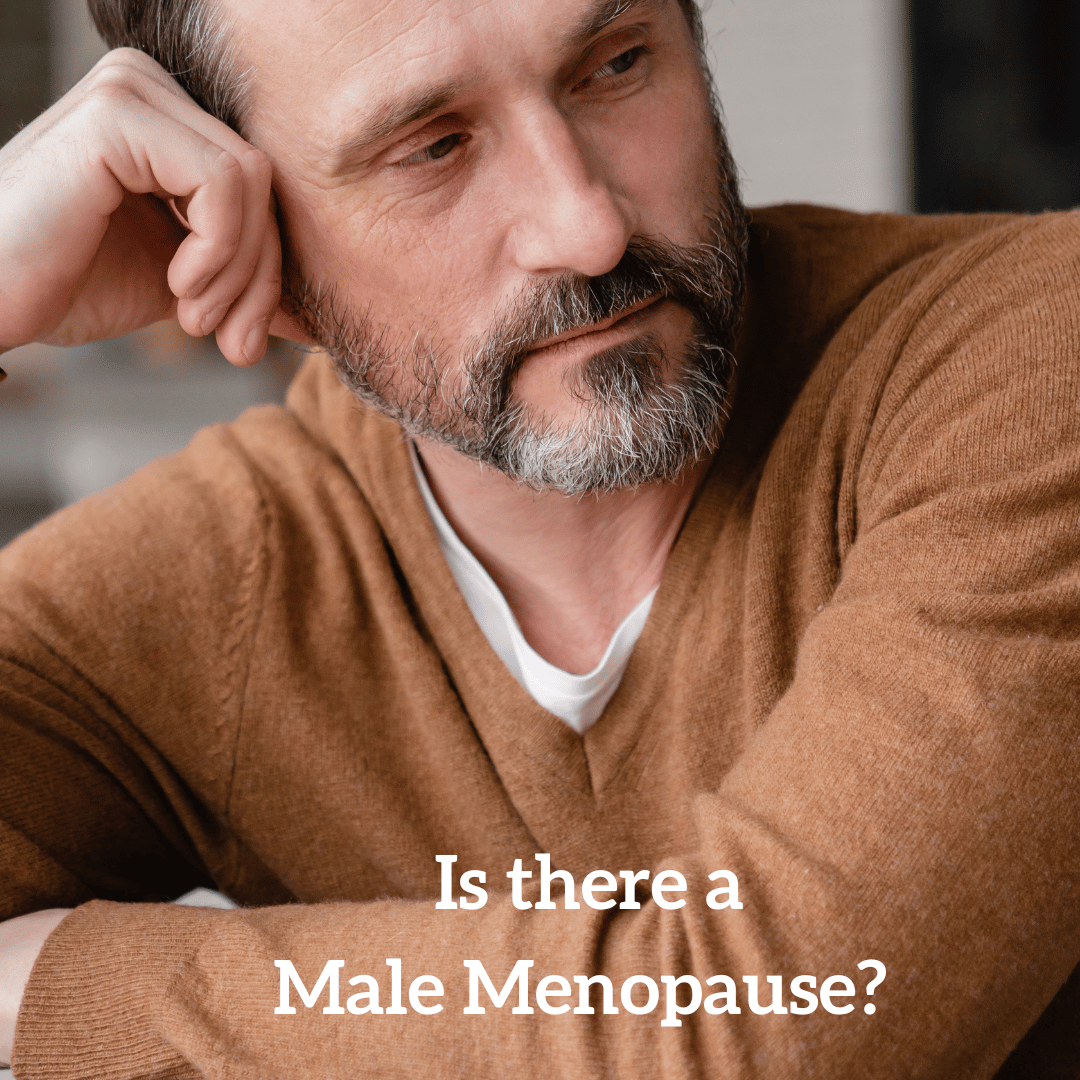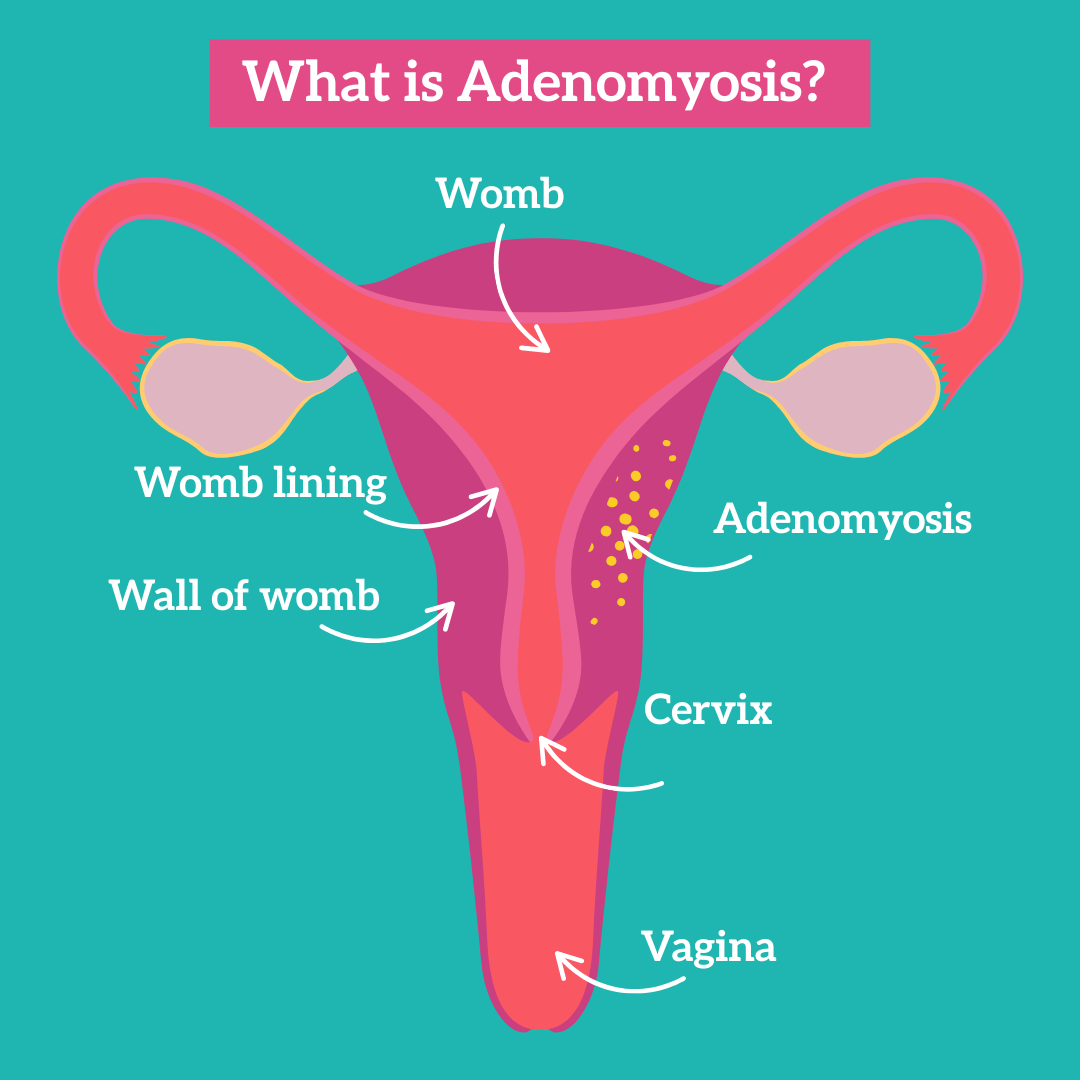Is there a male menopause?

There are differing opinions on whether there is a "male menopause" (sometimes called the andropause).
Labelling it as such is misleading because it suggests the symptoms are similar to what occurs in the female menopause, but this is not so.
Testosterone levels fall as men age, but the decline is steadier than what women experience during menopause. The NHS suggests that testosterone levels drop at about 1% a year as men age, so this would be unlikely to cause a male menopause.
A testosterone deficiency that can develop later in life, also known as late-onset hypogonadism can be responsible for similar symptoms such as:
- depression
- loss of sex drive
- erectile dysfunction
- mood swings and irritability
- loss of muscle mass
- fat redistribution
- a general lack of enthusiasm or energy
- difficulty sleeping (insomnia) or increased tiredness
- poor concentration and short-term memory
The NHS says that rather than the decrease in testosterone, other possible causes of andropause can include:
- lack of sleep
- a poor diet
- lack of exercise
- drinking too much alcohol
- low self-esteem
In some cases, where lifestyle or psychological problems do not seem to be responsible, the symptoms of "male menopause", late-onset hypogonadism can be responsible.
Hypogonadism from birth, can cause symptoms like delayed puberty and small testes. But it can also develop later in life particularly in men who have type 2 diabetes or are obese.
Late-onset hypogonadism and can cause "male menopause" like symptoms, but it is a relatively uncommon medical condition.
If you're experiencing any of these symptoms, you need to see your GP.
Your GP will ask questions to assess if your symptoms are caused by a mental health issue, such as stress or anxiety, or lifestyle.
Your GP may also book a blood test to check testosterone levels, to determine if it is symptomatic of late onset hypogonadism, and decide on a course of treatment.




Comments